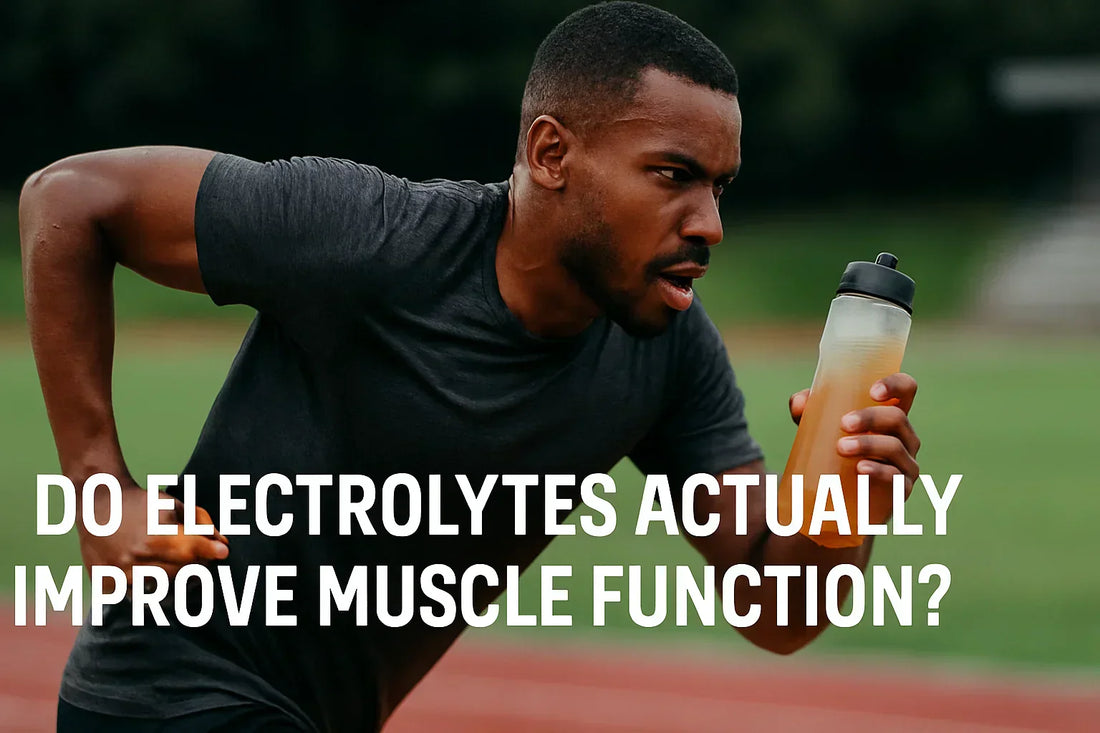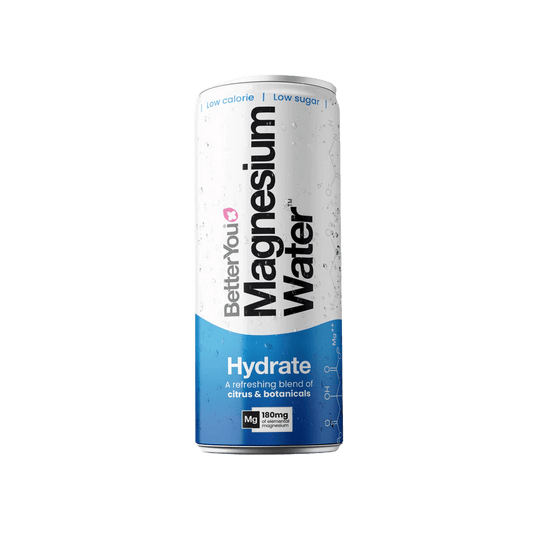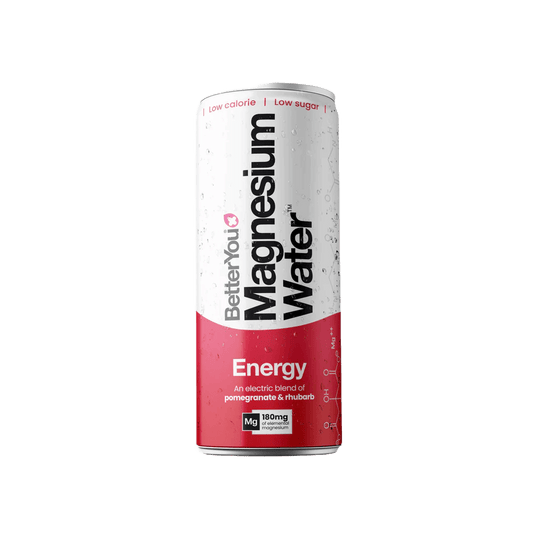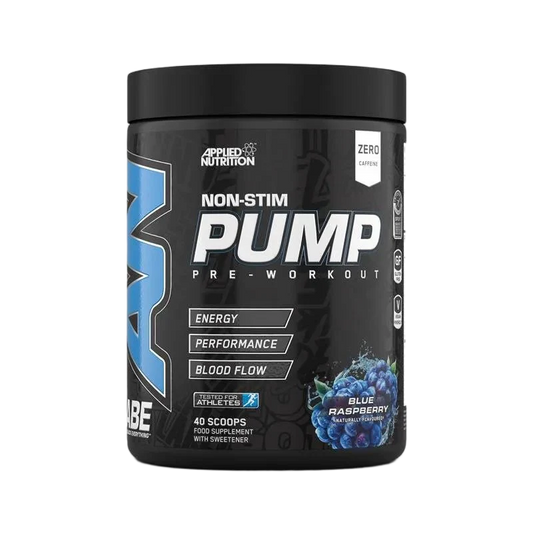Introduction: Why Hydration Alone Isn’t Enough
If you’ve ever stumbled out of a workout feeling like your muscles just ran out of battery, you’ve probably blamed hydration. “I need more water,” you think. And while that might be true, there’s a deeper layer to muscle function that most gym-goers overlook: electrolytes.
Electrolytes are the charged minerals that keep your body firing on all cylinders. They don’t just hydrate you — they regulate muscle contraction, nerve signalling, and energy output. And in the context of gym performance, they could be the difference between plateauing and pushing past your limits.
So, do electrolytes actually improve muscle function? Let’s break it down.
1. What Are Electrolytes, and Why Do They Matter?
Electrolytes are minerals that dissolve in fluid and carry an electric charge. The key players include:
-
Sodium
-
Potassium
-
Magnesium
-
Calcium
-
Chloride
These minerals help conduct electrical impulses throughout the body — especially important for muscle contraction, nerve function, and hydration regulation. Without adequate electrolytes, your muscles can’t contract properly. That means slower lifts, weaker output, and a higher risk of cramps or even injury.
💡 Quick science hit: Sodium helps draw water into your cells, potassium helps push it out, and magnesium keeps everything stable. This internal fluid balance is crucial for both performance and recovery.

2. Can Electrolytes Help Build Muscle?
Indirectly, yes. Electrolytes don’t build muscle in the way protein or creatine does — but they enable the physiological environment in which muscle building occurs.
Here's how they contribute:
|
Muscle Function |
Role of Electrolytes |
|
Muscle contraction |
Calcium initiates contraction, magnesium relaxes the muscle |
|
Strength output |
Sodium and potassium maintain action potentials in nerves |
|
Recovery |
Magnesium reduces inflammation, potassium aids glycogen storage |
|
Nutrient transport |
Electrolyte balance allows for efficient amino acid and creatine delivery |
So while they won’t trigger hypertrophy, they support the systems that make hypertrophy possible.
3. Do I Really Need Electrolytes After Exercise?
Yes — especially if you sweat heavily, train in heat, or do high-intensity sessions. Exercise depletes key minerals through sweat, and water alone can’t replace them. That’s why some people feel more tired after chugging water post-gym: they're rehydrating but not replenishing.
Signs you may need post-exercise electrolytes:
-
Muscle cramps despite drinking water
-
Fatigue that lasts hours after training
-
Lightheadedness when standing
-
A salty crust on your skin or clothes post-workout
For anyone training more than 3x per week or doing cardio-heavy splits, electrolyte replenishment isn’t optional — it’s foundational.
4. Do Electrolytes Help With Fatigue?
Yes — in fact, electrolyte deficiency is one of the most overlooked causes of gym fatigue. If you feel flat, drained, or foggy during workouts, chances are your electrolyte levels aren’t optimal.
Electrolytes help regulate your internal pH, cellular hydration, and nervous system firing rate. Without them, your brain gets slower, your muscles misfire, and your motivation tanks.
💬 Real-world fix:
A scoop of Supplement Needs Electrolyte+ Powder before training — with its full-spectrum sodium, magnesium, potassium, and taurine formula — can noticeably improve energy, focus, and output for heavy lifting or long cardio days.
5. Can You Overdo Electrolytes?
Electrolytes are essential — but more isn’t always better. Like most things in nutrition, balance is key.
Consuming too many electrolytes, particularly sodium, can lead to water retention, bloating, and in extreme cases, high blood pressure. Likewise, excessive potassium or magnesium intake through supplements can cause digestive discomfort, nausea, or heart rhythm issues.
The good news? It’s fairly hard to overdo electrolytes through regular sports supplements or hydration mixes — they’re typically dosed to replenish, not overload. Issues usually arise when people over-supplement alongside a mineral-rich diet or fail to consider their daily needs.
If you’re drinking multiple electrolyte drinks per day and also eating a diet high in salt and processed foods, it might be worth scaling back. Listen to your body: if you’re experiencing persistent bloating, muscle twitching, or irregular heartbeats, speak to a professional before continuing supplementation.
6. Should You Take Electrolytes If You Sweat a Lot?
If you’re someone who walks out of the gym with your T-shirt stuck to your back and your forehead dripping, it’s time to talk sweat science. Sweating is a natural way for your body to cool down, but what you lose in that process isn’t just water — it’s minerals, too. And these minerals matter. A lot.
When you sweat, your body primarily loses sodium, but also potassium, magnesium, and chloride. These electrolytes are essential for maintaining fluid balance, muscle contractions, and preventing cramps. If you’re just replenishing with plain water, you’re essentially diluting your electrolyte levels further — a recipe for sluggish workouts, cramping, and slower recovery.
For heavy sweaters, especially during high-intensity training or long endurance sessions, supplementing with an electrolyte mix isn’t a luxury — it’s a necessity. Look for products that contain the full spectrum: sodium for hydration, potassium for muscle control, and magnesium for energy production. Without these, your performance can start to tank halfway through your session.
Hydrating with something like Per4m Whey Hydrate, which blends protein with electrolytes, is a smart move post-workout. It saves time, fuels recovery, and replenishes lost minerals in one hit — particularly important if you’re sweating buckets on the regular.
7. Do Electrolytes Stop DOMS (Delayed Onset Muscle Soreness)?
Delayed onset muscle soreness (DOMS) can feel like a badge of honour — until you try to sit down the day after leg day. While electrolytes won’t magically erase soreness, they can play a behind-the-scenes role in reducing its intensity and improving your recovery window.
Magnesium, in particular, has been shown to assist in muscle relaxation and reduce inflammation — two key factors in how sore you feel after a workout. Potassium helps regulate nerve signals and muscle contractions, potentially limiting the sharp spasms that sometimes follow a brutal session.
While DOMS is primarily caused by micro-tears in muscle fibres (not dehydration), poor hydration and mineral depletion can make the effects worse. When your electrolyte levels are topped up, your muscles are better primed to recover efficiently.
If you’re prone to intense DOMS, incorporating a product like BetterYou Magnesium Water post-workout could help. It’s a simple way to support your body’s natural recovery processes, without relying solely on painkillers or protein.
8. What Are Four Signs of an Electrolyte Imbalance?
Spotting imbalance early prevents performance dips (or worse, injury). Key signs:
-
Muscle cramps or spasms (especially during exercise)
-
Chronic fatigue despite rest and nutrition
-
Dizziness or headaches post-training
-
Irregular heart rate or heart palpitations
Athletes in a deficit or on a low-carb diet are particularly vulnerable, as those strategies flush water — and with it, electrolytes — from the body.
To avoid this, many performance-focused supplements now include added hydration compounds. A great example is Applied Nutrition ABE Pump – Non-Stim Pre-Workout, which offers nitric oxide support alongside ingredients that help with hydration during longer sessions.
9. Is Water Just as Good as Electrolytes?
Water is critical — but by itself, it can’t do everything.
Plain water hydrates your cells, sure. But it doesn’t replace what you lose through sweat: sodium, potassium, magnesium, and chloride. In fact, drinking large amounts of water without replenishing electrolytes can actually make things worse by further diluting the minerals in your system. This is known as hyponatremia, and while rare, it can be dangerous — especially for endurance athletes.
Think of it like this: water is the vehicle, but electrolytes are the passengers that get the job done. You need both for peak performance and effective recovery.
If you’ve had a short, light session, water may be enough. But if you’ve pushed hard, sweat heavily, or trained in heat — reach for something more complete like Supplement Needs Electrolyte+, which are an easy, low-sugar way to restore what’s lost.

10. Why Do Bodybuilders Drink Electrolytes?
Electrolytes aren’t just for marathon runners or CrossFitters — they’re a quiet essential in many serious lifters’ routines. Why?
Because maintaining proper hydration is about more than thirst. It’s about performance.
Sodium helps keep the muscles full and pumped by drawing water into muscle cells. Potassium assists with contraction and reduces the likelihood of muscle cramps. Magnesium supports ATP production — the literal energy currency your muscles need to lift.
Without these elements, even the strongest pre-workout won’t hit as hard, and your endurance in the latter sets of your workout may drop off fast. That’s why you’ll often see elite lifters sipping on electrolytes during their session — not for taste, but for performance.
Supplement Needs Electrolyte+ or BetterYou Magnesium Water offer two simple, fast-absorbing options for intra- or post-training use — especially when paired with a high-quality protein like Per4m Whey Hydrate.
Conclusion: The Real Muscle Behind the Muscle
So — do electrolytes actually improve muscle function? Absolutely. They may not be the flashiest supplement on the shelf, but they’re one of the most fundamental when it comes to performance, recovery, and staying consistent in your training.
Whether you’re an early-morning gym-goer or a heavy-sweating evening lifter, maintaining optimal hydration and electrolyte balance can make the difference between an average session and a personal best. Your muscles don’t just need fuel — they need the right conditions to fire, contract, and recover efficiently.
Start thinking about electrolytes as part of your training kit — right up there with protein, sleep, and a good pair of shoes.
✅ FAQs:
1. Do electrolytes help with muscle fatigue?
Yes — electrolytes like potassium and magnesium support muscle contraction and reduce cramping, helping to delay fatigue.
2. What electrolytes help muscles contract?
Sodium, potassium, calcium, and magnesium all contribute to proper muscle contraction and nerve signalling.
3. Can electrolytes improve gym endurance?
Yes — by maintaining fluid balance and preventing early fatigue, electrolytes help you perform longer and harder in the gym.
4. Are electrolyte drinks good for muscle performance?
Definitely — they help maintain strength, reduce cramps, and improve post-workout recovery, especially after intense or sweaty sessions.
5. Should I take electrolytes before or after the gym?
Both can be beneficial: take them before to stay hydrated and energised, and after to speed up recovery and replenish what you’ve lost.
6. Do electrolytes prevent DOMS (soreness)?
Not directly, but magnesium in particular can ease muscle tension and help reduce the severity of soreness after workouts.
7. Can I take electrolytes daily?
Yes — especially if you train regularly, sweat a lot, or eat a low-sodium diet. Just avoid excessive intake beyond daily requirements.
8. Do electrolytes work better than plain water?
In terms of performance and recovery — yes. Water hydrates, but electrolytes replenish minerals that water alone cannot restore.






